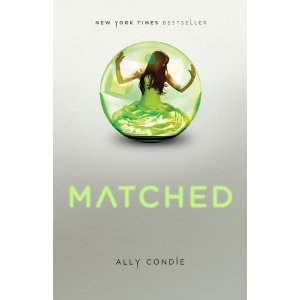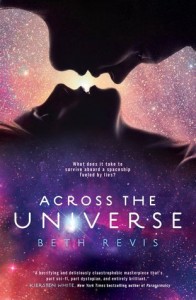As you may have read in last Tuesday’s post, The Light at the End of the Never Ending Tunnel, I was nearing completion of my first draft. Well guess what? I finished it. Yup, that’s right. I found the ending and stopped upon arrival. Of course, now comes the hard part – the Editing stage.
Editing – a Love/Hate Relationship
I’ve read a lot about the editing process in the blogs I follow. So I can guarantee you, I have not been looking forward to this stage. While I’ve been dying to finish draft one, I’ve been dreading the reward – editing. But in reading through blogs, I got a really good suggestion from several sources – read through your first draft as though you are reading a book. Do not start editing or adding content. Just read through it to see how it works as a real book.
Easier said than done, I know. And this is where my Kindle comes in.
After completing my draft, I set out to put my WIP onto my Kindle. This turned out to be extremely easy (click here for instructions). Basically, you get an email account for your kindle then you email the file to the account. For a very small fee (I paid $0.15), Amazon will convert your ‘book’ into an ebook. It then magically shows up on your Kindle when you connect to the internet.
The formatting is not ideal – my paragraphs are not indented, my headings are all wrong – but I can pick up my Kindle and read my words the same way I would read any other book. Plus, I cannot edit while on the kindle.
I am getting a little frustrated with the no editing thing. I read some sentences and cringe, or I see a typo or a place where I inserted the wrong character’s name. And the writing, oh the writing is so loose and I am just dying to tighten it up. But I also see the sense in this plan.
Why don’t I just get out the red pen and go to town?
Before waisting my time editing, I need to make sure the story actually works. I need to know how it is flowing, what things I abandoned halfway down the road without meaning to, or where I can add things that I decided halfway through to run with. By reading it all the way through, I am experiencing it the way a reader would experience it. And if you recall from my post last Tuesday, the reader is who you ultimately want to please.
So far, not so good
I know it is a rough draft, a point I keep reminding myself of, but so far, I’m not impressed. In fact, I’m a bit bored with my writing. Part of this could be that I already know how it will end, but part of it too is that I got lazy with word choice and my sentences are too wordy. But you know what, that’s alright. Because what I got down in the first draft was my story. The details are all there, waiting for me once I can get past the poorly constructed sentences. And once I see how the content works, I can go back and spend hours searching for the best word or the most clever sentence structure. But until then, I’m just not going to worry about it. I’m reading for content, and content only. The rest can all come into play in the next drafts. This read-through is all about making sure it works.
Why?
Without the bones of a good story, no amount of fancy writing will save your book. This is the reality of being a writer. And so I’m willing to suck it up, cringe at the writing I would never pay money to read, and focus on the content.
How do you edit? Do you pull the red pen out and start marking everything up, or do you take your time, immerse yourself in the story first, focusing on that main element, before going crazy with the edits?






